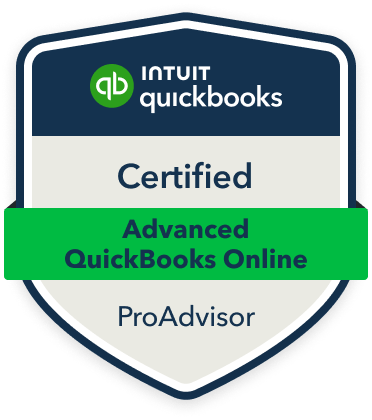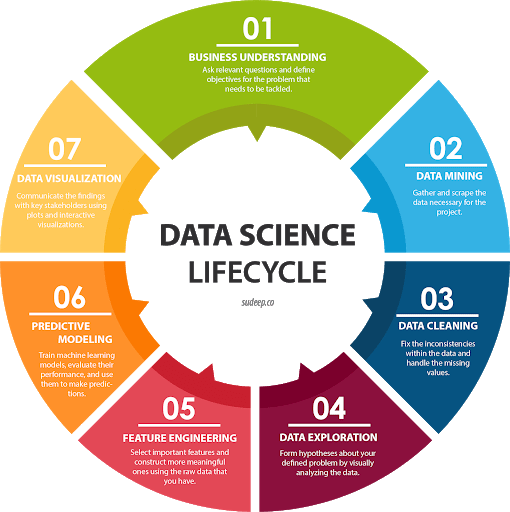
 About Us
About Us
I am Irene Amedegnato
I am incredibly passionate about working with data, analytics, and visualizations. Accounting and numbers are my true passion. With over 3 years of experience in Accounting, Bookkeeping, and Payroll at a consulting firm, along with exposure to working with Data Science Professionals, I am eager to utilize these skillsets as a consultant to help small businesses achieve their goals. My approach is rooted in maintaining a positive mindset and establishing purposeful partnerships, always striving for meaningful outcomes. When you choose to work with me, you can expect a collaborative environment characterized by transparency and consistency. Meeting deadlines is not enough for me; I aim to complete projects well ahead of schedule, exceeding expectations. My long-term goals revolve around continuous growth, learning, and embracing additional responsibilities to deliver maximum value. I possess strong business acumen and diverse management and commercial skills. My ability to bring a strategic focus to any situation enables me to add significant value to businesses. As an excellent customer relationship manager and out-of-the-box thinker, I constantly generate innovative ideas to effectively solve everyday problems. I am proud of my record of envisioning and implementing process improvement and reorganization measures, resulting in increased procedural efficiency and productivity. With outstanding verbal and written communication skills, along with excellent interpersonal, administrative, leadership, and organizational abilities, I approach challenges as a critical thinker and problem solver. I am excited to learn about your unique needs and assist you in finding solutions using the most up-to-date bookkeeping, payroll, and data science tools. As a bilingual professional fluent in English and French, I can accommodate diverse clients. Outside of work, I enjoy traveling, playing games, and playing gospel music on Sundays after attending church. If you have any questions or concerns, please do not hesitate to contact me. I am eager to discuss your requirements and find effective ways to address your specific needs.



